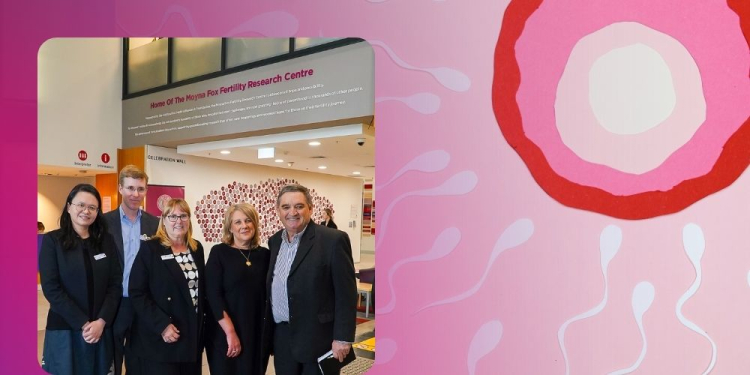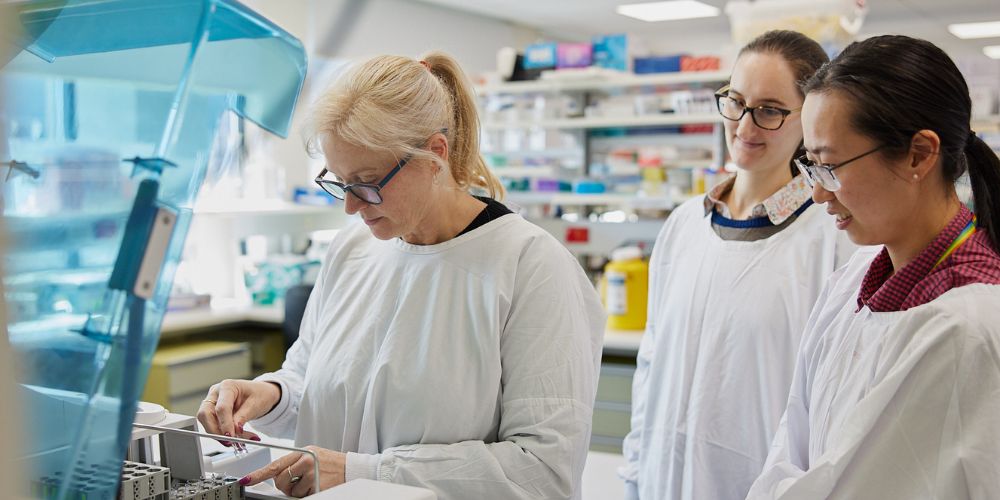
A fertility trial at the Women’s is giving some IVF patients another chance at pregnancy if their eggs fail to fertilise. This outcome usually ends a cycle before it has begun.
The new study, called the Rescue ICSI trial, is checking if sperm can be injected into unfertilised eggs a day after standard IVF. This aims to save eggs that would otherwise be lost.
The work sits within the Moyna Fox Fertility Research Centre, which is celebrating its first year of operation after a period of rapid expansion in fertility research. The centre launched with $1.6 million philanthropic gift from the Stafford Fox Medical Research Foundation. It’s now managing eight studies all focussed on enhancing IVF outcomes and patient experience.
Through the Rescue ICSI trial, several pregnancies are already progressing. Early results show that over half of the eggs treated a day after fertilisation failure have fertilised successfully.
Rescue ICSI uses Intracytoplasmic Sperm Injection to insert one sperm directly into an egg. This process happens in the lab around 24 hours after fertilisation fails using standard insemination. ICSI is often used in IVF, but applying it this late is rare in Australia. It hasn't been tested in a prospective study before.
Investigator Associate Professor Wan Tinn Teh is the Director of the Moyna Fox Fertility Research Centre at the Women’s. She said a small proportion of IVF cycles end with no fertilised eggs, leaving patients with no embryos to transfer.
“Once fertilisation hasn’t occurred, most patients have to start again. This protocol gives their existing eggs another chance within the same cycle,” she said.
This approach is key for Public Fertility Care. Patients get only two free IVF cycles, so each attempt matters a lot.
The study looks at embryo development, pregnancy rates, and if the rescue procedure should be part of standard IVF protocols at the Women’s. Participants are recruited through Public Fertility Care. This includes patients with complete fertilisation failure or very low fertilisation rates.
If the findings confirm the approach is safe and effective, the Women’s will consider introducing it into routine care. Results are expected next year.
Find out more about the Moyna Fox Fertility Research Centre here: Moyna Fox Fertility Research Centre | The Royal Women's Hospital
